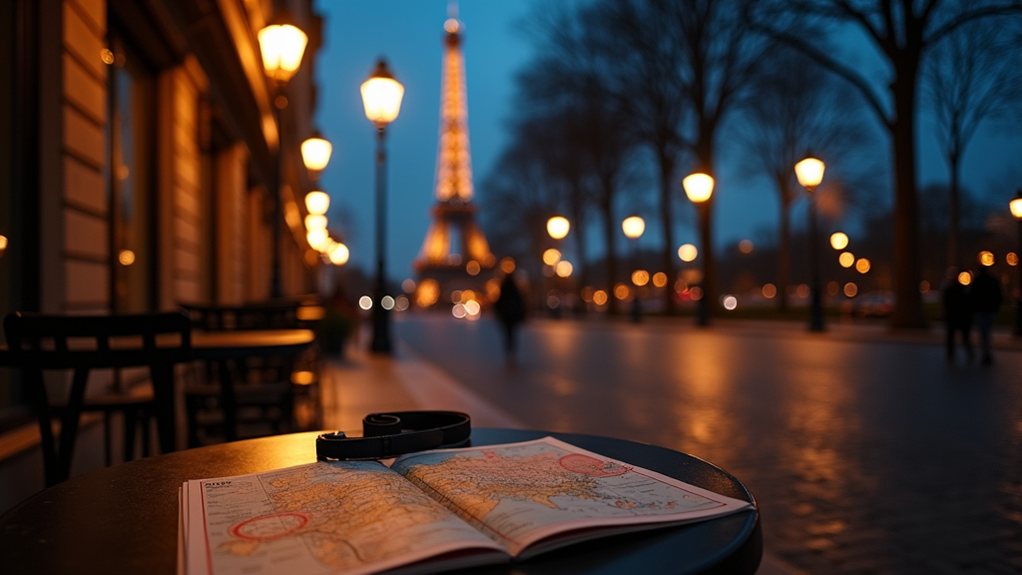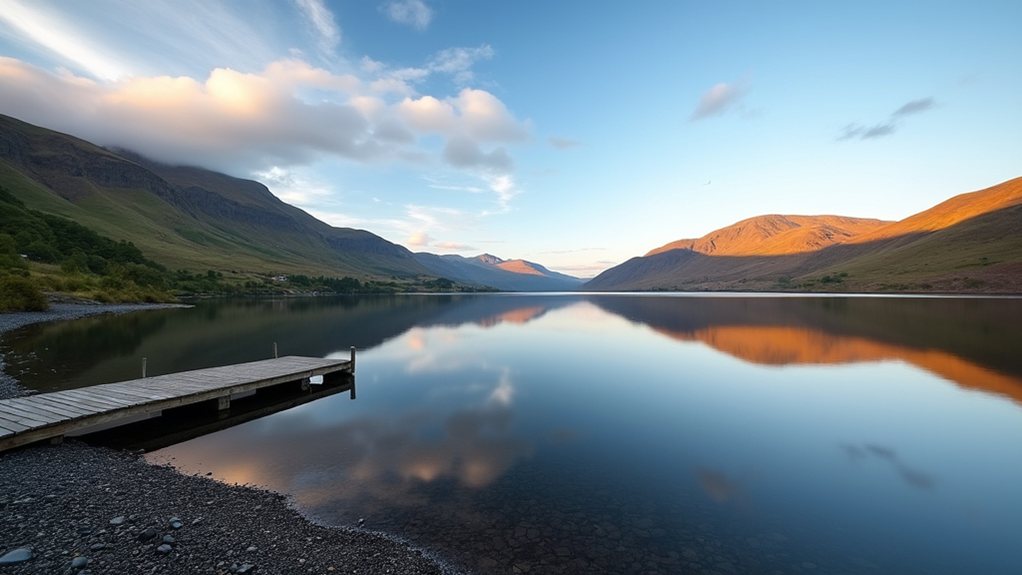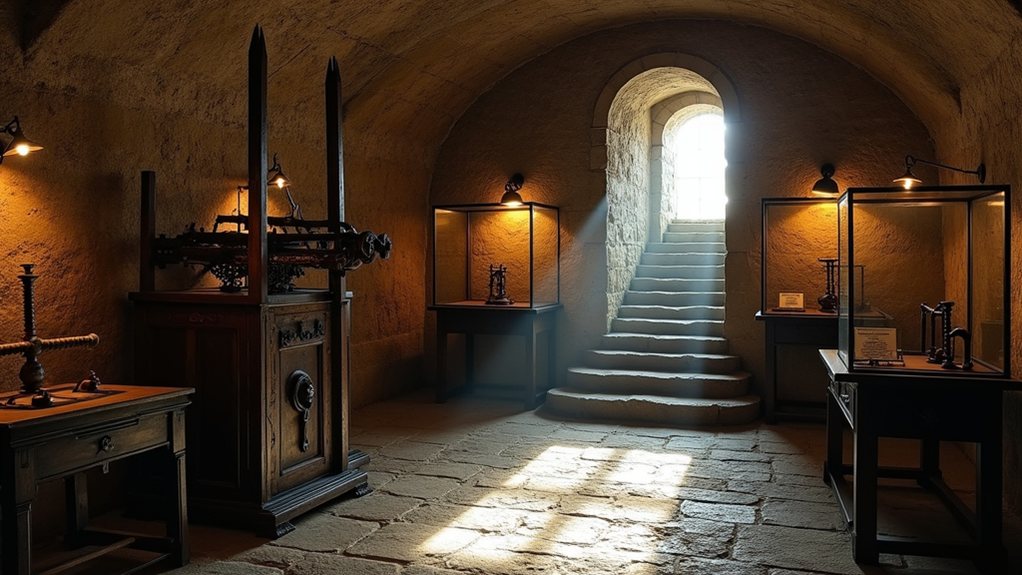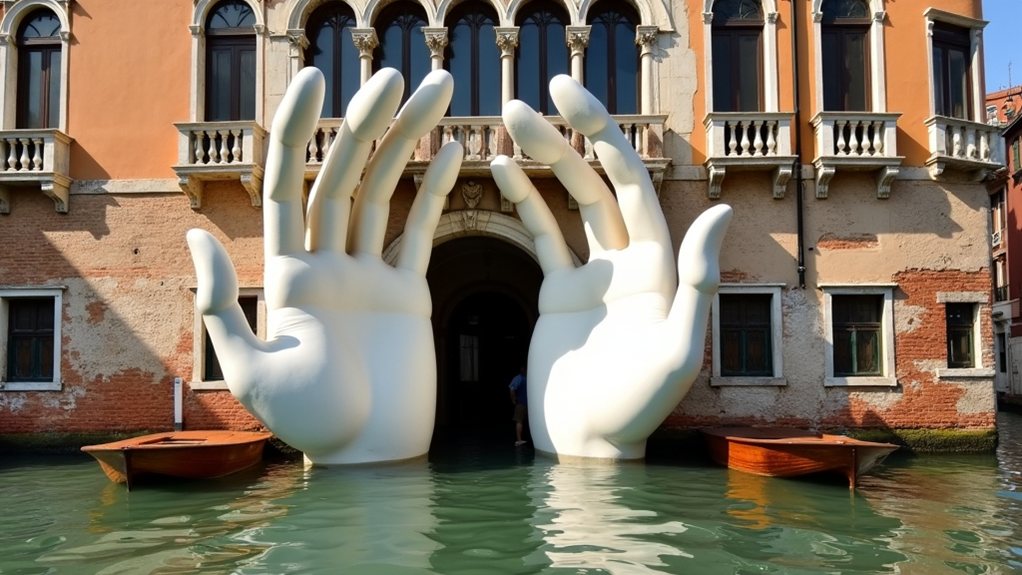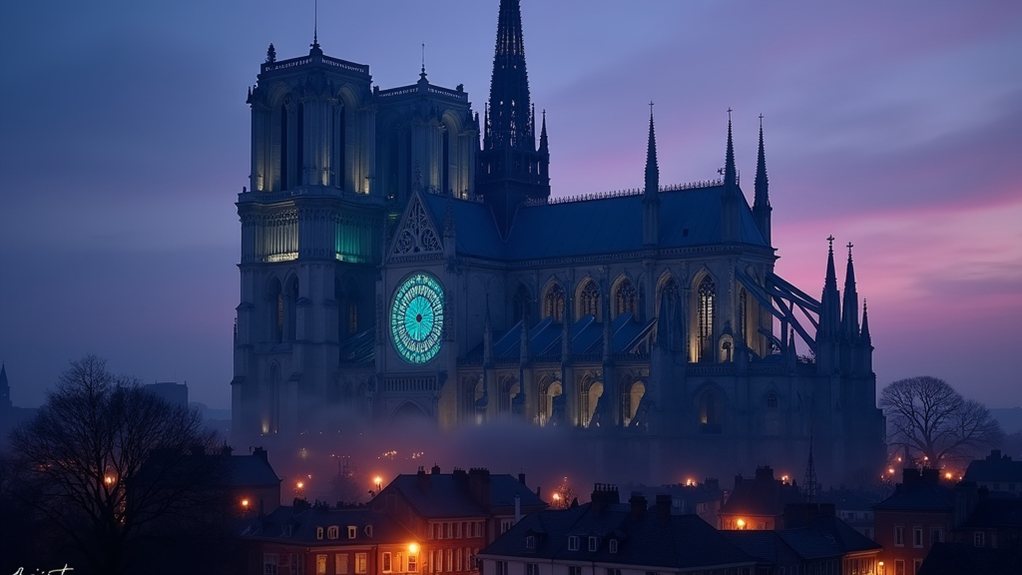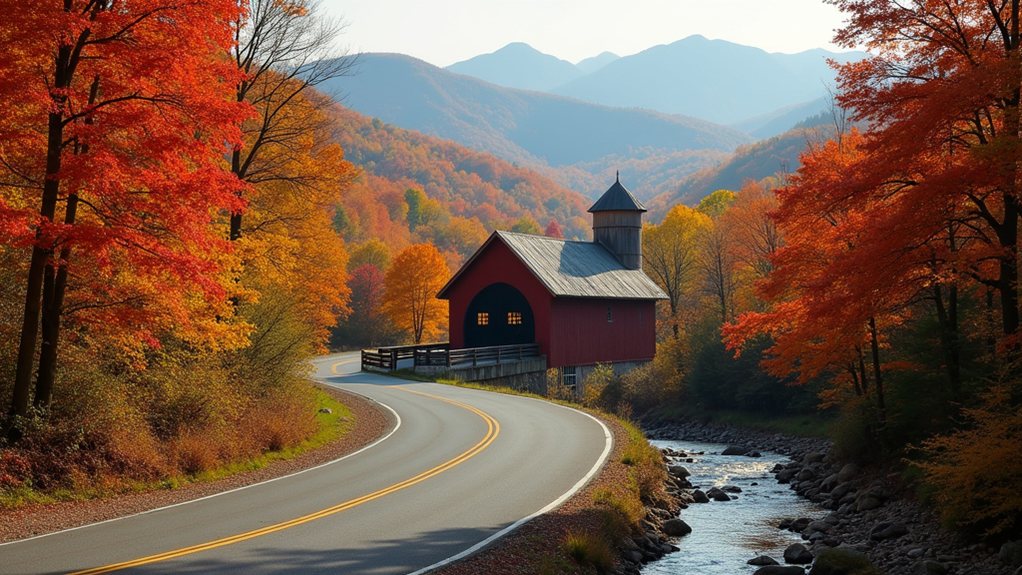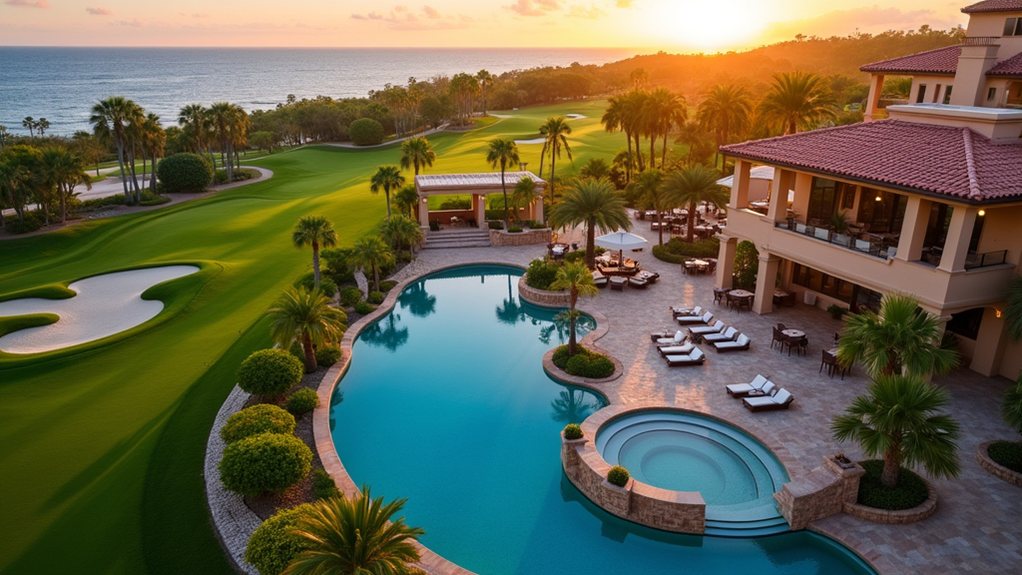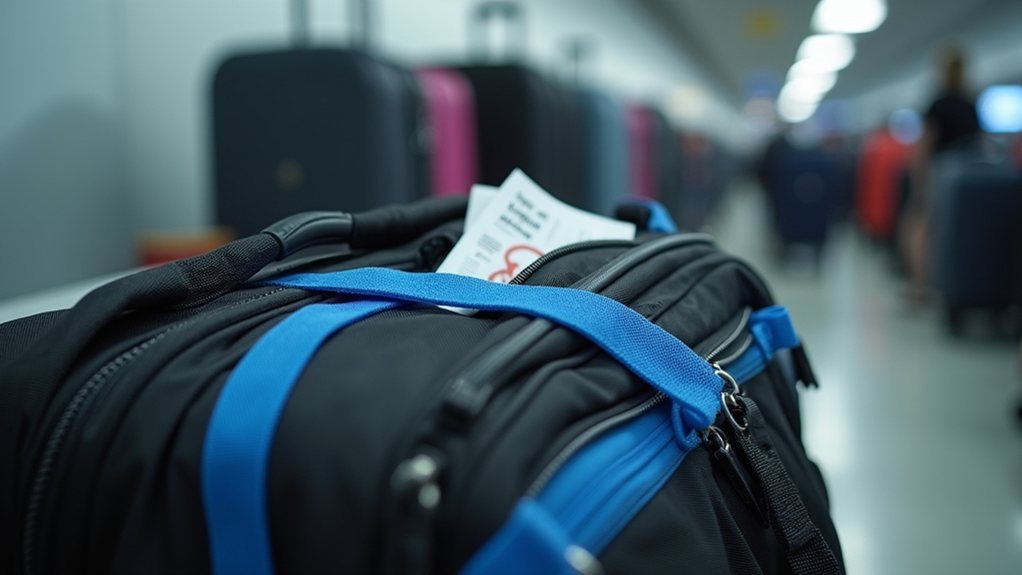Despite welcoming over 40 million tourists annually, Paris has neighborhoods where crime rates have climbed 30% in recent years. The City of Light’s charming façades sometimes mask shadowy corners where pickpockets and scammers prey on unsuspecting visitors. While the Eiffel Tower and Champs-Élysées offer postcard-perfect experiences, locals know which metro stops and arrondissements merit caution after sunset. Understanding these potential danger zones can mean the difference between a dream vacation and an unfortunate misadventure.
Paris Safety Guide: Areas to Avoid
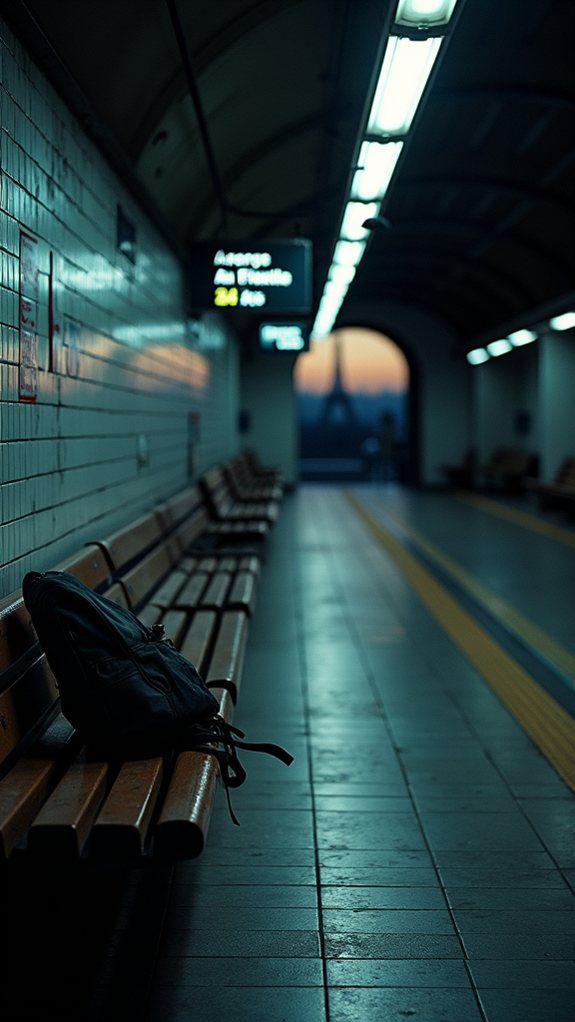
Wondering how to safely navigate the City of Light during your upcoming adventure? Paris maintains a safety index of 41.91, indicating you can generally investigate with confidence during daylight hours. While the city’s crime index sits at a moderate 58.09, violent crime remains remarkably low, with petty theft ranking as tourists’ primary concern.
Travelers should exercise caution in several areas after dark. The 19th Arrondissement, particularly around Place de la Bataille Stalingrad, presents risks due to drug-related activities. Likewise, Porte de Clignancourt, La Chapelle, and portions of the northern 18th Arrondissement deserve extra vigilance. Major train stations, bustling during daylight, can transform into sketchy spots after hours. Visiting alternative safer attractions outside these areas can enhance your overall Paris experience while minimizing risk.
After dark, avoid Stalingrad, Porte de Clignancourt, and northern arrondissements where drug activity increases risk for visitors.
Parisian authorities have ramped up security measures, placing more officers in tourist-heavy zones, which has greatly improved visitor safety. The recent post-Olympics presence of approximately 5,000 officers patrolling tourist areas has further enhanced security. When wandering the cobblestone streets, adopt local behaviors—dress like a Parisian, attempt basic French phrases, and you’ll blend right in, becoming less of a target for the notorious pickpockets who haunt crowded attractions. For solo female travelers, strategic planning before your trip can significantly boost confidence and security while exploring the Parisian landscape.
Transportation in Paris generally ranks as safe, though the metro system, while efficient, doubles as prime hunting ground for nimble-fingered thieves. Remember to keep the emergency numbers handy: 15 for medical emergencies, 18 for fire brigade, and 17 for police. Opt for the official “Taxi Parisien” or trusted ride-sharing services instead of unlicensed alternatives that might take you on an unexpected (and expensive) tour.
Stay alert for common scams targeting tourists—petition-signers who demand money afterward, the classic “gold ring” trick, or distracting games designed to separate you from your wallet. Keep valuables secure, prefer card payments over cash, and maintain digital copies of significant documents.
When darkness falls, Paris transforms. Travel in groups when possible, stick to well-lit thoroughfares, and exercise heightened awareness. The city’s allure doesn’t diminish after sunset, but neither should your caution.
With basic precautions and street smarts, you can enjoy Paris’s magnificent architecture, world-class cuisine, and unparalleled cultural experiences while keeping safety concerns at bay.

